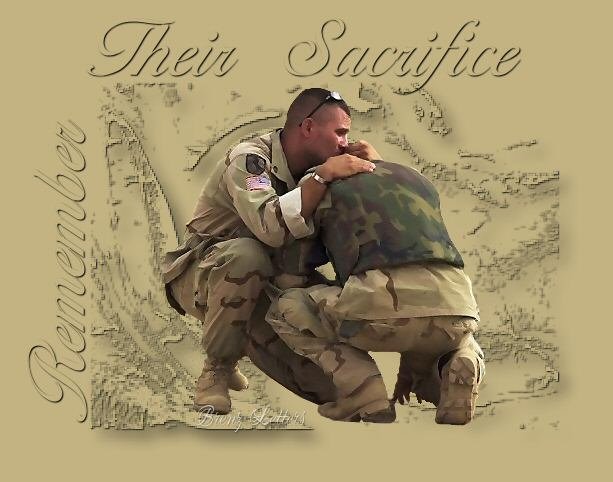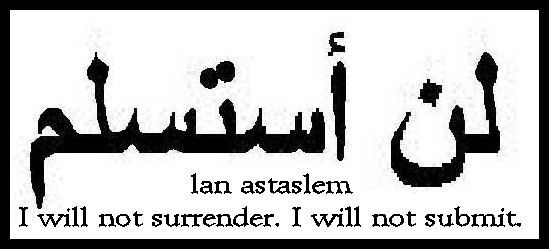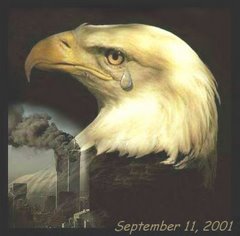Those who forget history...
...are doomed to repeat it.
I have often reminded readers about Iran 1979, and pointed out that when the Ayatollah Khemeini returned to Iran from exile in Paris, the west really was not paying attention. That was so evident when "students" stormed the US embassy in Tehran and took American hostages. Those "students" were the forerunners - I believe - of our current problems with Islam.
Yes, it was thirty years ago today that the Shah of Iran, who some see as a puppet of the west, left Iran, and Iran began its overt journey to what we deal with globally today:
January The ailing Shah leaves Iran. He dies in Cairo in 1980.
February Ayatollah Khomeini returns as leader of the revolution. The armed forces announce their neutrality and the monarchy collapses. The Ayatollah takes power with Mehdi Bazargan as his prime minister.
 Ayatollah Khomeini returned to an ecstatic welcome |
December The new Islamic constitution is ratified by a referendum.
What I most remember about those days was the role of the Canadian Ambassador, Ken Taylor. Away from the media spotlight, he worked to help the Americans, and was later recognised for that. I also remember how the Iranians held the Americans until the very end of Jimmy Carter's time in office. There has been much written about those days, and as always, what I find most interesting are the first person accounts. Never mind the political rhetoric, and the congratulatory chest thumping, it is always those most intimately affected by the events of history, who share the most compelling stories. Within their reminiscences are the markers of history, which we would all do well to pay attention to. One man from Iran 1979 is Robert C. Ode. Quite apart from the typically bland retelling of events that I found on the Jimmy Carter Library and Musem site (yes, there really is such a thing, and you can find that here,) I found a synopsis about Mr Ode, and also links to some of his writings:
Robert C. Ode was one of the fifty-two American citizens taken hostage by Iranian students in November 1979 at the American embassy in Tehran. They were held for a total of 444 days and finally released, after lengthy negotiations, on January 20, 1981.
Ode (pronounced Odee) was the oldest of the hostages and was in fact retired from diplomatic service. He had taken a special assignment to go to Tehran and expected to be there only a few months when taken with the other embassy staff.
He was allowed to keep a diary after a few months as captive, when conditions under which the hostages lived were loosened, although the conditions were never good. The hostages were separated into small groups that were not allowed to communicate. They were cut off from outside news and contact with the American government, while letters to and from their families were delivered late or not at all. They were blindfolded when taken outside their rooms to take showers or exercise. Moreover, the students were very amateurish jailers, so that essential supplies frequently ran out, meals were often late and improvised and frequently inadequate, and onerous security restrictions far in excess of what was needed were arbitrarily applied. More serious was the problem that medical attention was extremely inadequate, while many of the hostages were senior embassy staff with serious health worries. Above all, there was the psychological pressure of never knowing when they would be released or what the American government was doing to help them.
Ode's journal consists of 115 pages. What is presented here are selected pages illustrating either significant changes or problems in the conditions of his captivity, along with some typical days where the main problems were boredom or food. The full diary is available to the public. For information, contact the Jimmy Carter Library in Atlanta at (404) 865-7100 or e-mail carter.library@nara.gov

Although many of their letters were not delivered to each other, a mainstay of Ode's captivity was the correspondence of his family and friends, especially his wife, Rita Muth Ode, who was under great strain herself but cheered Ode with accounts of the new home she was preparing for his retirement, occasionally receiving advice about the new house from her captive husband.
After months of negotiations, the Iranian government released the hostages in January 1981. The negotiations had been conducted by the Carter administration, while the release was made the first day of the Reagan administration. President Reagan asked Carter to fly to Germany to welcome the released hostages, while Reagan announced their return to Congress and the world.
Ode died on September 8, 1995 in Sun City West, Arizona, where he had lived in retirement with Rita in the home that she had described to him in her letters while he was captive in Iran....
Go here to find links to Mr. Ode's diary entries.
Also on this day? As the BBC puts it:
1991: 'Mother of all Battles' beginsThe Gulf War Allies have sent hundreds of planes on bombing raids into Iraq, at the start of Operation Desert Storm.The American, British, French, Saudi and Kuwaiti aircraft took off at 2330 GMT last night.
Their bombs were aimed at military and strategic targets, including an oil refinery and Baghdad airport.
At least 400 raids took place. Latest reports say all the Allied aircraft have returned home safely, although France says four of its planes were hit.
US Defence Secretary, Dick Cheney, said the operation appeared to have gone "very well".
Two hours after the raids began, President George Bush made a televised address.
He said the military objectives were clear - force Iraqi troops out of Kuwait and restore the legitimate government.
In Baghdad, Saddam Hussein remained defiant. He said the "Mother of all Battles had begun". He urged the Iraqi people to "stand up to evil".
First news of the bombing came from reporters in Baghdad working for the American TV network, CNN. They reported hearing air raid sirens shortly before the bombs hit.
President Bush said: "Our operations are designed to best protect the lives of all the coalition forces by targeting Saddam's vast military arsenal.
"Initial reports from General Schwarzkopf are that our operations are proceeding according to plan."
The British Prime Minister, John Major, came out of Number Ten shortly before 0800 GMT to make a statement to reporters.
"No-one wanted this conflict. No-one can be pleased about the fact this conflict has been necessary," he said.
"I hope now it is clear to Iraq that the scale of the Allied operation is such that they cannot win....
Lots of interesting links to the events on the BBC here. There are a few first person accounts there, too. Some of the pictures from Desert Storm here:











What did we learn from history? I suggest one was that when we go out to do a job, we better finish it. The historians will, no doubt, be pontificating for years about the success of the mission dubbed The "Mother of all Battles", and I don't need to add my two cents' worth. What was obvious to even this non military observer was that the job was unfinished. And so it was:
On 27 February, President George Bush declared victory. Kuwait was liberated but Saddam Hussein remained in power in Baghdad.
On 20 March 2003, President George Bush junior led a "coalition of the willing" on an invasion of Iraq with the aim of toppling the Bagdad regime....(here)
As history shows, the "coalition of the willing" DID give Baghdad - and Iraq - back to the Iraqi people. The history which still remains to be written is whether or not we managed to eradicate the scourge of Islam and their Religion of Death globally. Our battle against the madmen of Islam continues to this day. As a new President gets set to lead America, it will be interesting to see if the 44th President has learned anything from history. The evidence of all that Islam means to do on a worldwide scale has been writ large for many decades. Only time will tell if this next President will ignore all the signs. We ignore the lessons of history at our peril. Sphere: Related Content










































